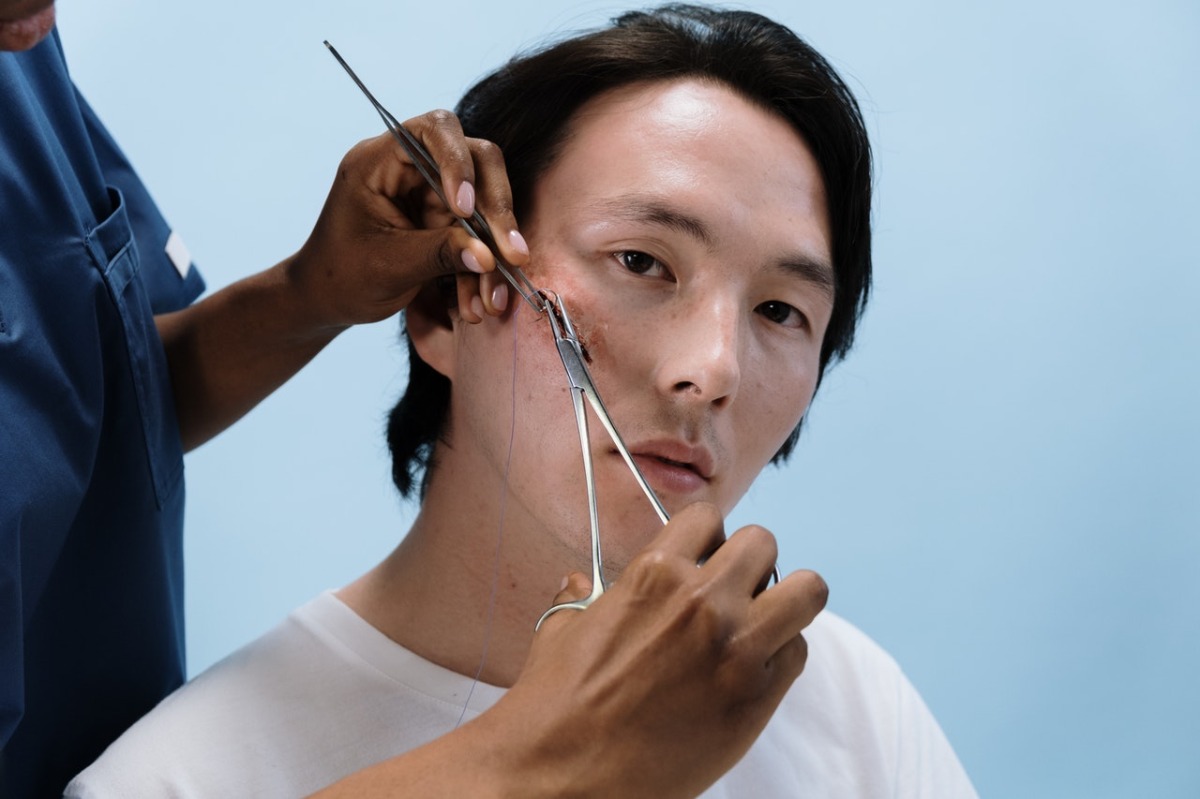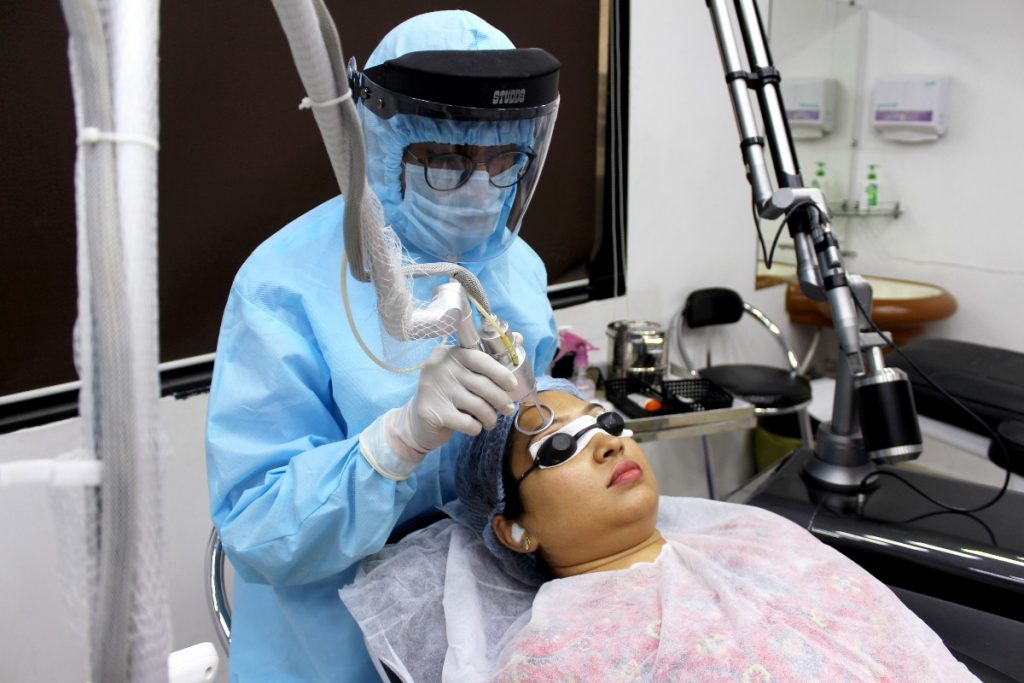While over 20% of women will eventually develop acne, about 5% of men will experience one of the most common skin conditions in the world. They are also the ones likely to get worse breakouts.
And because it’s not only women who are vain, guys can also go through the same problems with acne. It can lower self-confidence and, if they’re zit poppers, leaves memories through scarring.
Here’s a question, though: if acne creates scars, will they eventually disappear on their own, or are they already permanent?
First, Here’s Why You Shouldn’t Pop Your Acne
Acne can occur for plenty of reasons. But often, it needs three important ingredients: clogged pores, excessive oil production, and bacteria.
Factors like hormones, particularly androgens, can help determine the severity of your acne. Usually, the more imbalanced or abnormally high they are, the more likely the skin condition becomes severe and lasts longer. This partly explains why acne usually begins during adolescence.
However, your actions can also impact the problem. Although acne can develop in many parts of the body, it is the most common in the face. But if you like to pop your pimples and nodules, it can spread to the nearest areas, such as the neck and chest.
Reason: remember we mentioned bacteria. Just imagine that each zit contains these microorganisms. When you like to squeeze it, thinking it can clear your acne more quickly, you are only spreading them all over your body.
Of course, that’s not all. Depending on how often and the severity or size of the acne, they can leave scars.
The bottom line is this: do not pop your acne. As problematic as it can be, it can be treated and even cured. In fact, the sooner you do it, the more likely it will disappear and not leave any trace like scars.

Okay, but What Should You Do If It Leaves Scars?
Usually, scars can occur for two reasons:
- You keep on popping the nodules or cysts.
- The acne is severe and has been going on for a long time.
The cause is the same. When you open your zits or when acne is so severe it goes deeper into the skin, the body treats it as an injury. It then does its magic, which is to heal the affected area. It lays down collagen.
However, if more it does this, the more the skin becomes thicker. Picture it as putting Band-Aid every time the surface gets damaged. You may already have several layers of this after a while. When this happens, scars begin to form and become more obvious.
But then, can scars eventually disappear? The answer is yes, but more often than not, you need some help because they are less likely to vanish by themselves. The best treatment also depends on the severity and type of the scar.
1. Atrophic Scars
Atrophic scars develop when the skin’s collagen has been badly damaged, but it also wasn’t able to regenerate new tissues properly. This type of scarring often leaves marks that are indented, pitted, or sunken.
For acne, there are at least three common types of atrophic scars: ice pick, rolling, and boxcar. Ice-pick scars can run deep, but they are also narrow.
Rolling scars are indented, but they also have a sloping edge and can cover an area of the skin that may be even bigger than the original size of the acne. Because of how they look, they can make the skin appear uneven.
Boxcar scars are broad depressions, but unlike rolling scars, they have more defined and sharper edges.
One of the best treatments for these is acne laser treatment, such as fractional laser or laser resurfacing. These treatments often break down the scarred tissue through light therapy and then encouraging the skin to produce newer and healthier cells.
2. Hypertrophic Scars
Compared to atrophic scars, hypertrophic scars are raised and broad. If they become keloids, they can also grow. Usually, they occur because of the body’s abnormal response to the trauma or injury, such as excessive production of collagen.
Some may flatten eventually, but you can also treat hypertrophic scars with corticosteroid creams to decrease their activity. Cryotherapy or freezing of the scars can also arrest their growth, but if they’re keloids, you still need to watch out for regrowth.
Acne may be a confidence-destroying skin condition, but it is also one of the most treatable. This is even if it develops scars. The most important thing is you get help quickly.

